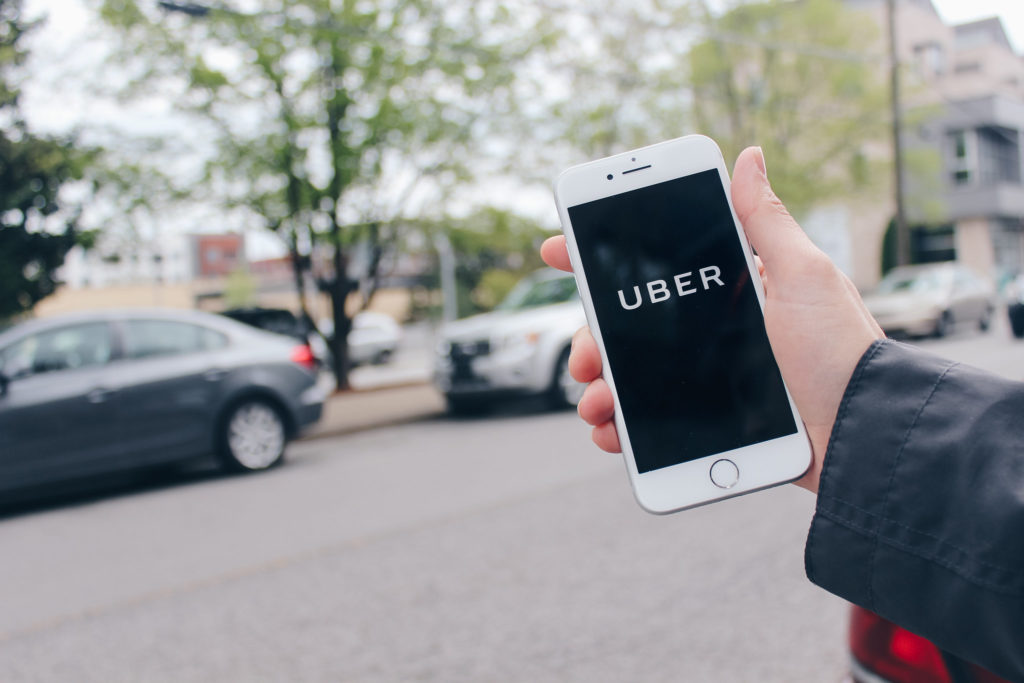Smooth operation of its services seems to be distant dream for Uber as the company keeps on facing issues in various regions. A jude in Colombia has ordered Uber to suspend its ride-hailing business.
This happened after Cotech SA, a taxi-service platform, presented a lawsuit claiming the company was providing the service through unfair competition. Its noteworthy that Uber has appealed the ruling.
A judge at the Superintendency of Industry and Commerce, which regulates the market, ruled that Uber’s app violated competition norms. In a statement, the regulator said: “This violates the rules that regulate the market, generates a significant advantage in the market, and generates deviation from the clientele of Cotech.”
Although the decision orders an “immediate” service suspension, Uber can’t be forced to comply unless ordered to do so in a separate action, Andres Barreto, head of the superintendency, said.
Commenting about this ruling, Uber spokesman said in a statement: “After years of working proactively to bring sensible regulations for ride sharing to Colombia, we regret that with today’s decision the Superintendency of Industry and Commerce has failed to follow Colombian law and its regular process.”
This marks yet another setback for Uber in terms of global operations. The company’s license was suspend in London last month, which is one of the largest market for Uber. Regulators in London concluded that it wasn’t “fit and proper” to continue as it risked passenger safety by failing to properly vet drivers. However, Uber continues to operate in London while regulators consider its appeal.
Earlier this week, a German court ruled Uber had run afoul of its transit dispatch laws — a transgression Uber representatives said the company is working to fix while it continues to operate its service.
Since its launch in Colombia in 2013, Uber has faced stiff resistance from taxi drivers who say the company is stealing their work. The company had been operating in a state of legal limbo because it was paying taxes while lacking approval to operate in the country. It says that more than 2 million people use the service in 11 cities, which involves 88,000 drivers.
The Tech Portal is published by Blue Box Media Private Limited. Our investors have no influence over our reporting. Read our full Ownership and Funding Disclosure →






